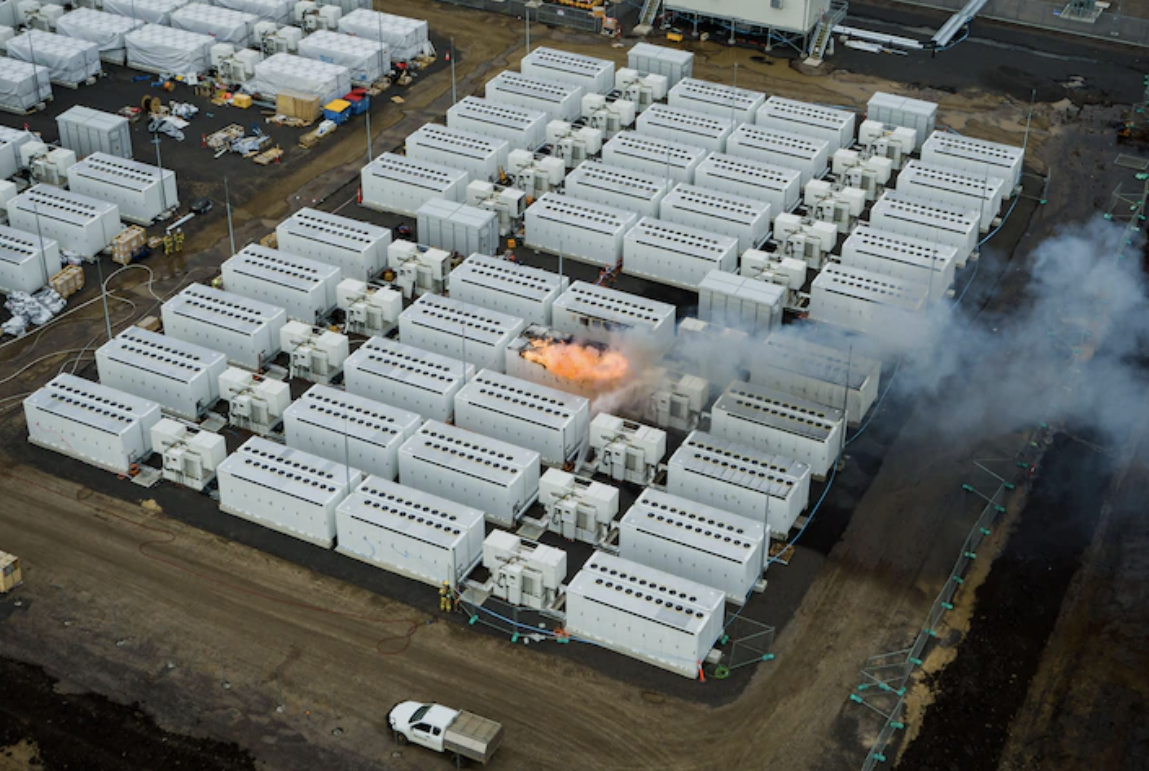
Dis . 09, 2024 20:05 Back to list
Understanding Home Power Supply Options for AC and DC Products
Understanding Power Supply in the Home AC vs. DC
In our increasingly electrified world, the efficiency and compatibility of power supply systems have become paramount, especially in our homes. The common debate surrounding alternating current (AC) and direct current (DC) can be daunting, but understanding the differences, advantages, and applications of both can lead to better decisions regarding home energy use.
The Basics of AC and DC
At a fundamental level, AC and DC differ in the direction of the flow of electric current. In a direct current (DC) system, the electric charge (current) flows in a single direction, which allows for a steady and stable voltage that is essential for many electronic devices. In contrast, alternating current (AC) alternates its direction periodically. The voltage in AC systems varies sinusoidally, with the direction of the current switching back and forth, typically at 60 Hz (cycles per second) in North America and 50 Hz in many other countries. This property makes AC well-suited for long-distance power transmission.
Advantages of AC
One of the primary benefits of using AC as the main form of electricity in homes is its ability to be transmitted over long distances with minimal energy loss. High-voltage transmission lines can carry AC power efficiently, and this electricity can then be stepped down to lower voltages for residential use through transformers. This versatility and efficiency are key reasons why AC is the standard for most residential power supply systems.
Another significant advantage of AC is the relative ease with which it can be converted to different voltages and currents. AC voltages can be transformed up or down using transformers without much loss of energy. This ability is crucial for maintaining a consistent power supply to meet varying residential energy demands.
Advantages of DC
power supply in home ac or dc product

Despite the overwhelming dominance of AC in our homes, DC has its unique strengths. Many modern electronic devices, including smartphones, laptops, and LED lighting, run on DC power. This demand has led to a rise in the popularity of DC-powered systems, particularly as more households adopt renewable energy sources such as solar panels.
Solar panels generate DC electricity, which must be converted to AC for use in most homes. However, advancements in technology have made it increasingly feasible to power appliances directly with DC, eliminating the inefficiencies tied to the conversion process. Moreover, batteries store DC, reinforcing the relevance of this current type, especially in backup systems and electric vehicles.
The Rise of Hybrid Systems
As technology progresses, the conventional AC vs. DC debate is evolving into a more nuanced discussion about hybrid systems. Smart homes equipped with energy management systems can harness both AC and DC power efficiently. For instance, a home may use AC for standard outlets while employing DC for specific devices, resulting in significant energy savings.
Integration of energy storage solutions, like batteries, also fuels this trend. Homeowners can store DC energy generated by solar panels in batteries and use it during peak demand times, enhancing both efficiency and sustainability. Systems that seamlessly switch between AC and DC can optimize energy consumption and reduce reliance on the grid.
Conclusion
In conclusion, understanding the differences between AC and DC power supply is essential for homeowners looking to optimize their energy consumption and embrace modern technological advancements. While AC remains the household standard due to its efficiency in long-distance transmission and ease of voltage conversion, DC's unique advantages make it increasingly relevant in today's electronic landscape and energy systems. As hybrid technologies evolve, the home power supply of the future will likely harness the strengths of both AC and DC, offering greater efficiency, reliability, and sustainability in meeting our energy needs. By staying informed and adaptable, homeowners can take full advantage of these developments, leading to a more sustainable and efficient energy future.
-
Advanced Energy Management Systems: Optimize & Save Costs
NewsAug.19,2025
-
Smart Energy Management System: Control & Monitor Usage
NewsAug.18,2025
-
EMS for Advanced Energy Management & Storage
NewsAug.17,2025
-
Boost Efficiency with Smart EMS Energy Management Systems
NewsAug.16,2025
-
Energy Management System (EMS): Optimize & Save Energy Costs
NewsAug.15,2025
-
Intelligent Energy Management: Save & Control Your Power
NewsAug.14,2025


